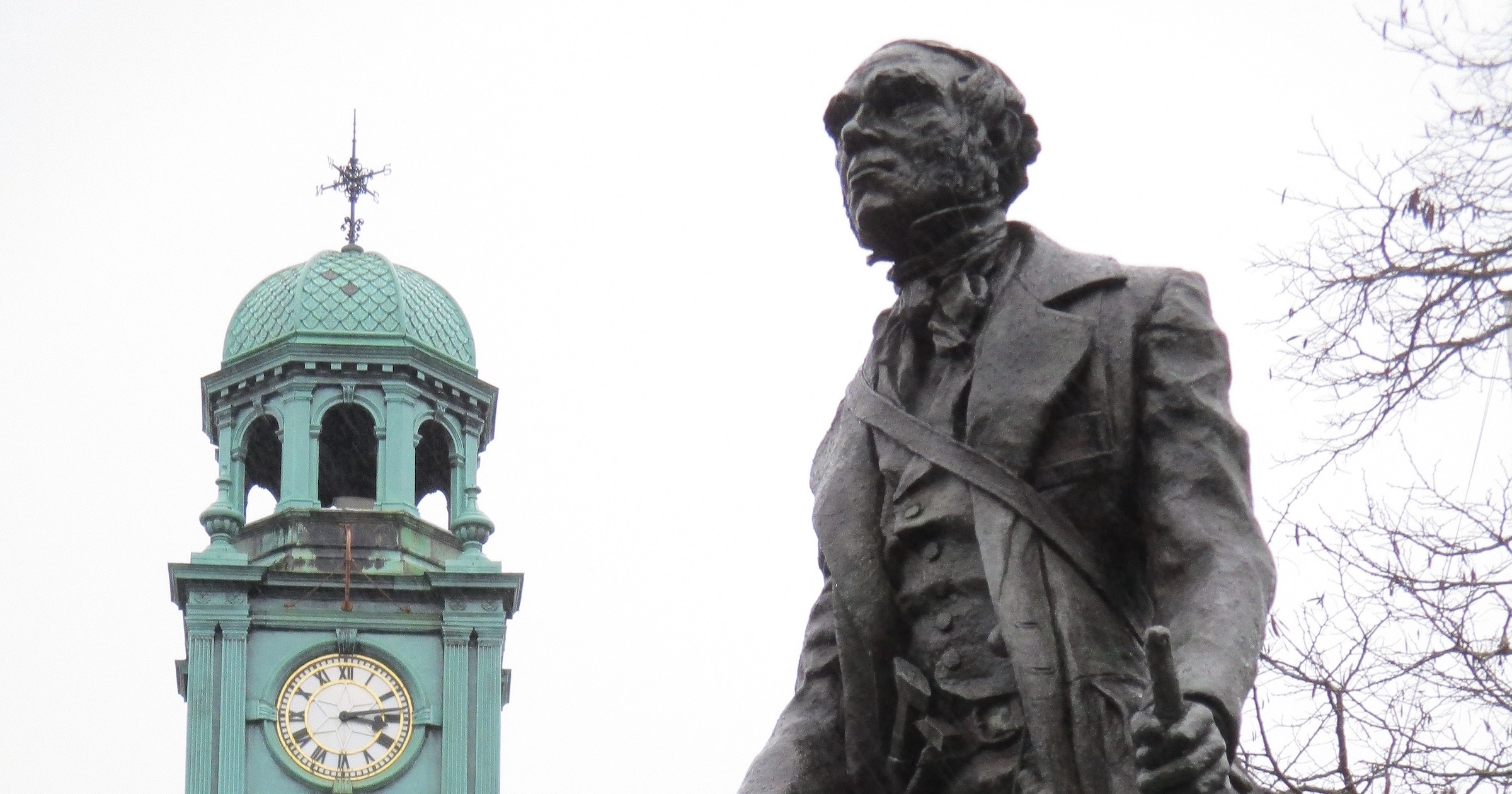 Evolution
Evolution
 Intelligent Design
Intelligent Design
Darwin’s Many Doubts

Editor’s note: We are delighted to host a new series by Neil Thomas, Reader Emeritus at the University of Durham, “How I Came to Take Leave of Darwin,” of which this article is the third installment. Find the full series here. Professor Thomas’s recent book, Taking Leave of Darwin: A Longtime Agnostic Discovers the Case for Design, is available now from Discovery Institute Press.
To his credit, Charles Darwin showed a disarmingly sensitive awareness of the criticisms which were to be levelled at his theory. “Why, (he asked) if species have descended from other species by fine gradations, do we not everywhere see innumerable transitional forms? Why is not all nature in confusion, instead of the species being, as we see them, well defined? … as by this theory innumerable transitional forms must have existed, why do we not find them embedded in countless numbers in the crust of the Earth?”1
He even contemplated being mistaken and presumptuous, writing “I have asked myself whether I may not have devoted my life to a fantasy” and concedes:
If it could be demonstrated that any complex organism existed which could not have possibly have been formed by numerous, successive, slight modifications, my theory would absolutely break down.2
This latter doubt explains why he remained troubled for the remainder of his life by the eye’s apparent “precision-engineering”:
To suppose that the eye with all its inimitable contrivances for adjusting the focus to different distances, for admitting different amounts of light, and for the correction of spherical and chromatic aberration, could have been formed by natural selection, seems, I freely confess, absurd in the highest degree”.3
(His concern persisted since he repeated the same doubt in a letter to the American biologist Asa Gray in 1861.)
Candid Incredulity
Sometimes he is capable of candid incredulity at what he all but concedes is the sheer unfeasability of some of his postulates, as in the following question to his readers where he muses:
Can instincts be acquired and modified through natural selection? What shall we say to so marvellous an instinct as that which leads the bee to make cells, which has practically anticipated the discoveries of profound mathematicians ?4
I can imagine that no few bluff Victorian readers would have responded to the challenge of that question with some such sarcastic rejoinder as “You said it, old boy, and all by a witless process too. Truly incredible!”
Admirable Candor
The admirable candor of some of Darwin’s own observations comments appears to give us at least some licence to read parts of his published work “under erasure” and to harbor legitimate doubt as to whether Darwin himself believed all that he had written. After all, the Origin of Species is full of such theistic phrases as “the claws impressed on matter by the Creator” and he could not merely have been including such phrases as a gesture towards public opinion, because they appear in the same form in his first pencil sketch of his theory written in 1842, read only by himself. Such phrases must at any rate endorse the judgement of Neal Gillespie that Darwin was more than ordinarily prone to “epistemological double vision”.5
Remarkably, the same kind of cognitive dissonance between the published and private views of a number of scientists working in the fields of evolution and cosmology persists even today. Most famously, the late Sir Fred Hoyle advanced the thesis that the bio-friendly nature of our world appeared at any rate to be a “fix” or “put-up job,” as if “a super intellect had monkeyed with physics” for the purpose of spawning and supporting life. Even arch-materialist Richard Dawkins could write that life is “almost unimaginably complicated in directions that convey a powerful illusion of deliberate design” and in the sixth chapter of his Blind Watchmaker I came across this rather disarming comment: “Does it sound to you as though it would need a miracle to make randomly jostling atoms join together into a self-replicating molecule? Well at times it does to me too.”6
Cumulatively, these instances of seeming ambivalence amongst science professionals prompt the reader to wonder how certain of their ground these writers really are. On no few occasions it can appear that cognitive dissonance reaches the point of outright perceptual distortion when empirical observation collides with prior ideological commitment.
Next: “Fables of Evolutionary Psychology (aka Sociobiology).“
Notes
- Charles Darwin, On the Origin of Species, edited by Gillian Beer (Oxford, OUP, 2008), p.130.
- Origin of Species, edited by Beer, p. 142.
- Origin of Species, edited by Beer, p. 140.
- Origin of Species, edited by Beer, p. 129
- Neal C. Gillespie, Charles Darwin and the Problem of Creation (Chicago and London: Chicago UP, 1979). Gillespie’s book remains one of the most searching investigations of Darwin’s “conflicted’ religious views.
- Richard Dawkins, The Blind Watchmaker (London: Penguin, 2006).
